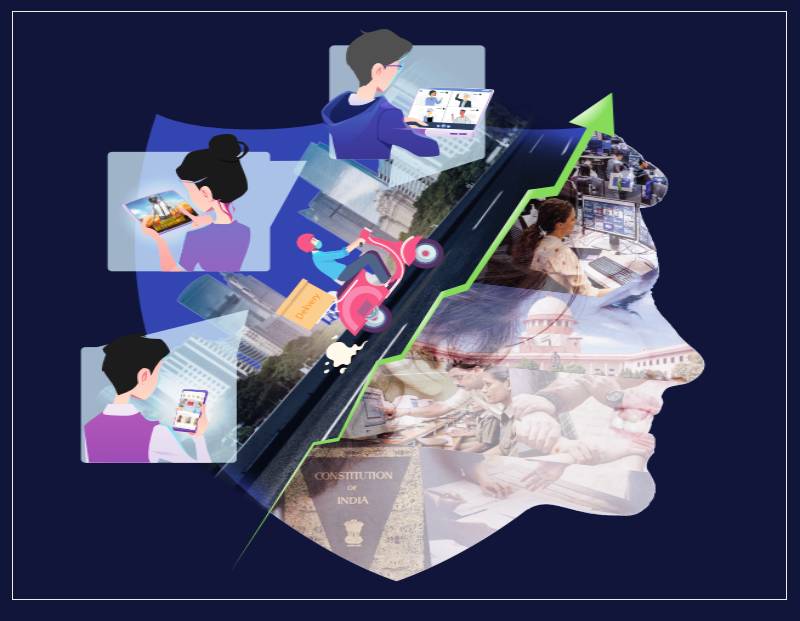
New Delhi, July 6, 2022: More than 85% percent of intermediaries, surveyed during a recent study, feel that compliance mandates envisaged in Part II of the Information Technology (Intermediary Guidelines & Digital Media Ethics Code) Rules, 2021, introduced by the Ministry of Electronics and Information Technology (MeitY) in February last year, would lead to overwhelming economic repercussions and negatively impact their ease-of-doing-business.
This is one of the key findings of a report titled IT Rules, 2021: A Regulatory Impact Assessment Study, prepared jointly by Internet and Mobile Association of India (IAMAI) and The Dialogue.
According to the Study, the IT Rules, 2021, though intended to create a robust regime for tackling the modern-day challenges like proliferation of disinformation, child sexual abuse material and seditious and terrorism related content, have raised questions around the legal and technical legitimacy and the viability of many of the provisions that they entail.
Industry stakeholders surveyed during the study expressed concerns over the infeasibility of originator traceability mandated in the Rules, the many ramifications imposing personal liability on chief compliance officers may have, and the impact due diligence requirements will have on entry barriers and the ease of doing business. A majority of intermediaries and cybersecurity experts surveyed held that it was technically impossible to introduce traceability on end-to-end encrypted platforms without breaking the encryption technology itself.
In order to create a robust platform regulation regime that harmonises the quests for economic environment with the goals of national security and preservation of digital reports, the Study stressed the importance of engaging in meaningful dialogue and ensuring adequate responsiveness on part of all stakeholders. The Study recommended enabling a progressive intermediary liability regime, instilling procedural safeguards for assisting law enforcement agencies, and furthering a uniform and transparent content blocking regime.
Other important findings of the Report:
Onerous Threshold: Majority of the intermediaries noted that in a country like India with a population of 1.3 billion setting a threshold of 5 million users to be designated as a significant social media intermediary is quite onerous from an economic standpoint.
SOPs on calculation of threshold and exercise of Executive power: While the government published the FAQs last year which was a step in the right direction, a detailed Standard Operating Procedure must be published by the government explaining the criteria for calculation of the threshold and guiding the executive’s power to mandate any intermediary to comply with the additional due diligence mandates.
Need for Content gradation: Majority of the intermediaries dealing with large amounts of user generated content noted that there is a need for grading the takedown orders according to the degree of harm to enable sufficient time for assessing the genuineness of the requests.
SOPs on information assistance requests by LEAs: Majority of respondents from all stakeholder groups mentioned the need for clear Standard Operating Procedures to delineate the process and format of information requests by the law enforcement officials.
SOPs for checks and balances on LEA access: It is important that the SOPs provide legitimacy to the far more efficient, safe and compliant means of raising legal requests through dedicated legal channels provided by all intermediaries.
Established in 2004, the Internet & Mobile Association of India (IAMAI) is a not-for-profit industry body and the country's only organization representing the digital services industry with over 400 Indian and multinational corporations as its members.
The Dialogue is a public-policy think- tank with a vision to drive a progressive narrative in India’s policy discourse.
IT Rules, 2021: A Regulatory Impact Assessment Study: Read it here